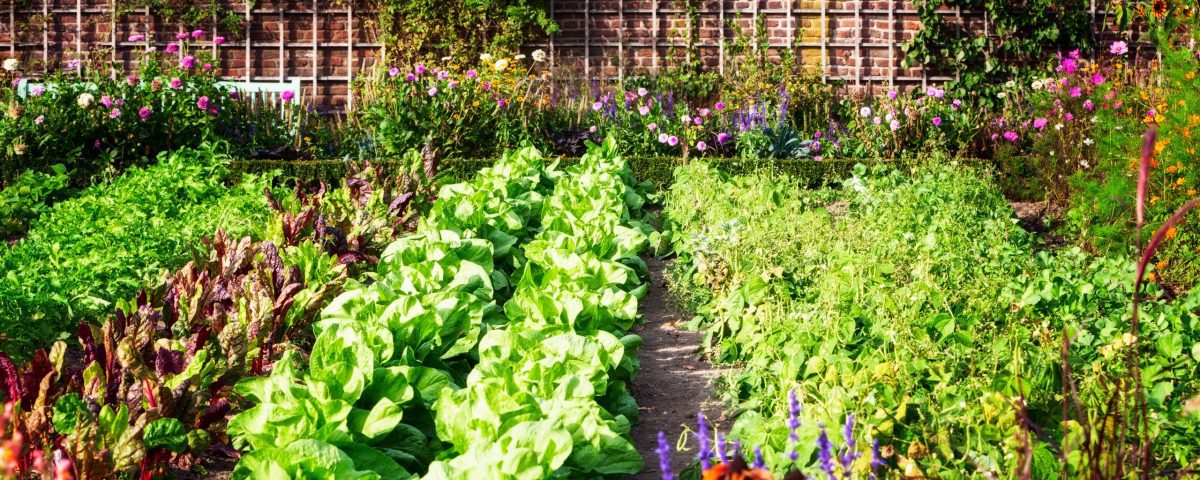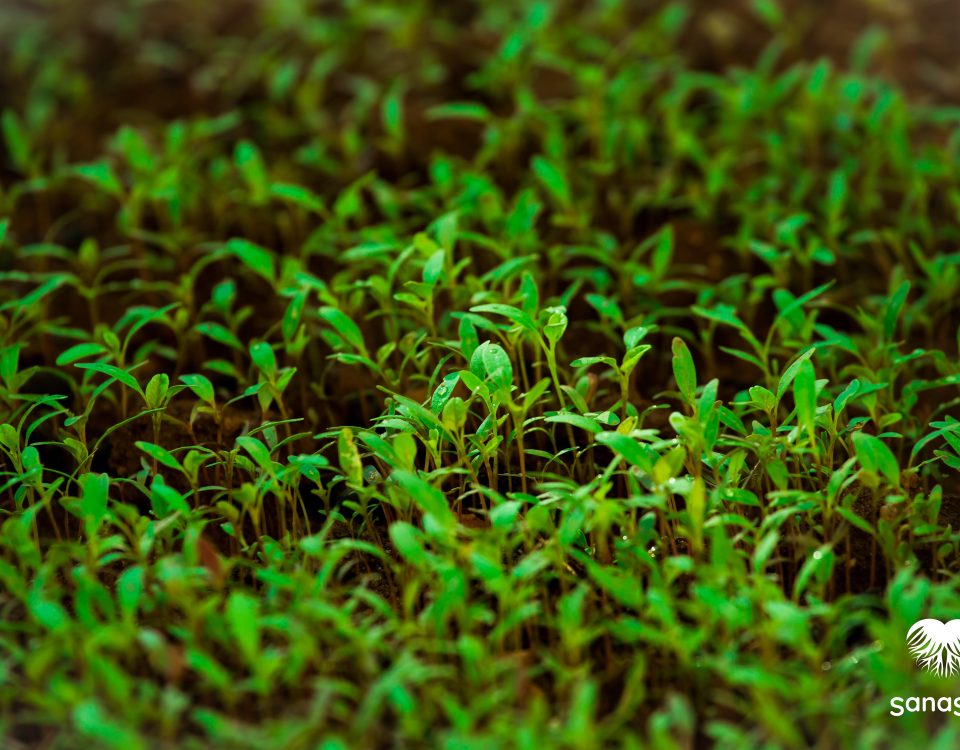Biological Complexity: How to Understand What Products You Need to Grow Healthy & Nutritious Yields?
Most manufacturers of biological products often underappreciate biological complexity. Companies producing biological inoculants advertise one or a few bacterial or fungal strains as the “only thing your plant needs.” Manufacturers focus on selling consumers products specifically for “nitrogen fixation” or “potassium fixation” and other claptraps that might not always be effective.
Ultimately, there is much more intricacy when it comes to soil biology. And sometimes, it can become too complex to be micromanaged.
Today we are on a mission to help you understand the fundamentals of biological complexity and help you to choose the right products for your greens.
Can One Microorganism or Microelement Make a Difference?
In short — no, just one microelement or organism cannot run the processes, help the plant grow or strengthen its immune system. All main processes in soil are interconnected, a part of a complex system called the “soil food web.”
That is why Sanasoil has developed a line of products that contain not one or two but a large number of different species of microorganisms who combine their efforts to help your plants thrive.
When properly inoculated in early spring, soil biology fully recovers in mid-June. Until then, plants largely feed on the reserves contained in humus which you can add to your soil by applying products like Sanasoil Compost In.
How to Choose a Correct Product for My Plants?
When choosing a product, you should look for a product with a list of biologically active microorganisms and a healthy range of microelements.
Regarding the product type the gardener or a farmer is looking for, biologically complex products will provide a range of benefits for their crops, fruits and vegetables, including:
- Soil enrichment with various microelements that are crucial for plants to grow;
- Strengthening the plant’s immune system so that it can resist the infections of fungi, pests and other diseases;
- Increase the yields;
- Build resistance to bad weather;
- Improve crop quality and nutritiousness;
What Are The Best Options?
While biological complexity might sound like an expensive term, there are products packed with various environment-friendly elements that are highly affordable and even cheaper than chemical-based alternatives!
Whether you are a greenhouse gardener or a farmer growing fields of crops, Sanasoil is your go-to choice when it comes to affordable and sustainable growing.
You can get a full product line that helps to enrich your soil, strengthen plants’ immune system, and improve harvest quality and volume.

